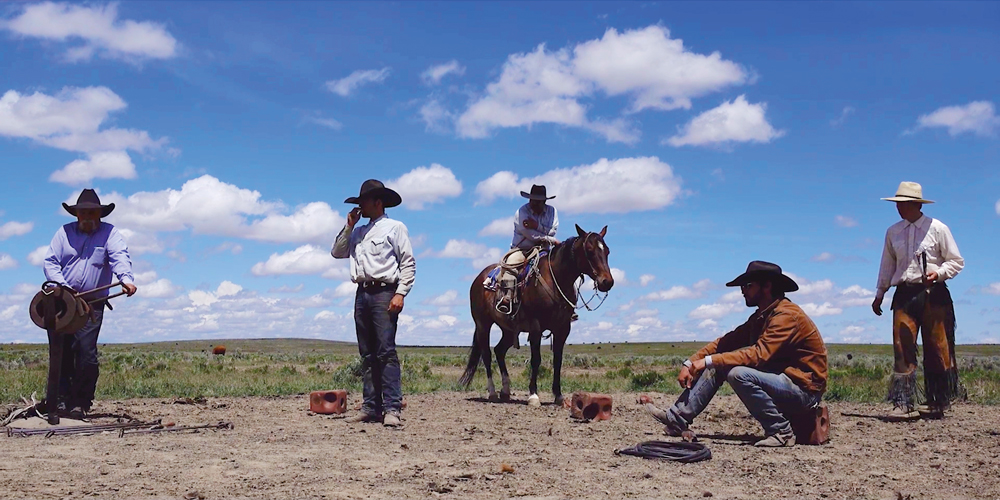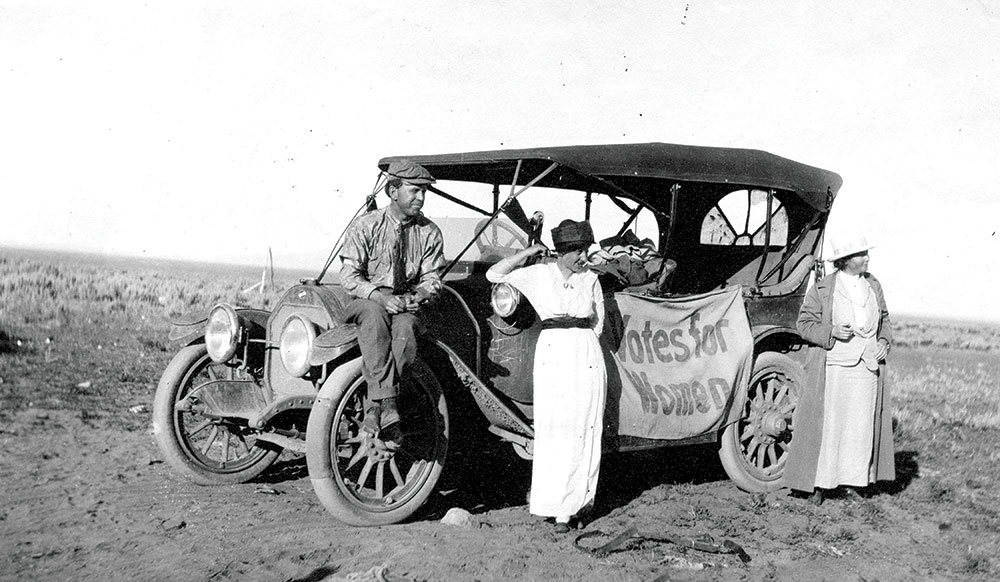In 1910, the penalty for stealing (or kidnapping) a girl in Nevada was five years in prison or a fine of $2,000, while anyone convicted of stealing a horse could be imprisoned for 14 years. At the same time, if a U.S. woman married a foreigner, she lost her citizenship. Another law during the early 1900s, this one concerning community property between a husband and wife, allowed a man to sell or will community property without the consent of his wife. And finally, any wages a woman earned while living with her husband were not deemed her property unless her husband allowed her to use the wages, which were then considered a gift from him.
The rancor felt about the above-noted laws being created without any say from female constituents was growing, and the cry of “taxation without representation” was reborn. While that sentiment was enough to ignite the American Revolution, it sparked little fire with the male citizens of the young nation. It took until 1920 before half of the citizens of the U.S. were granted the right to vote. But the fight began long before. ...
read more










